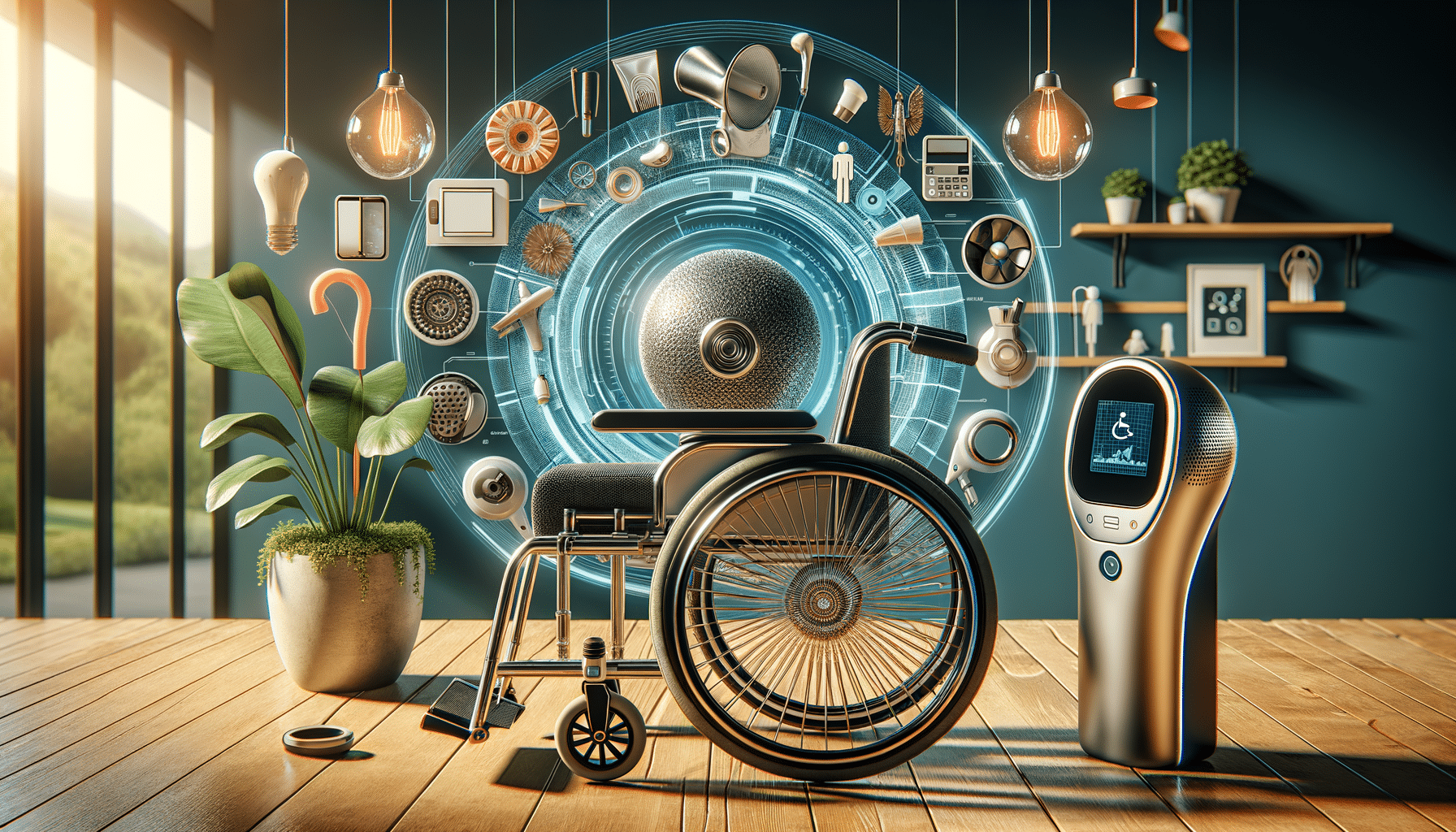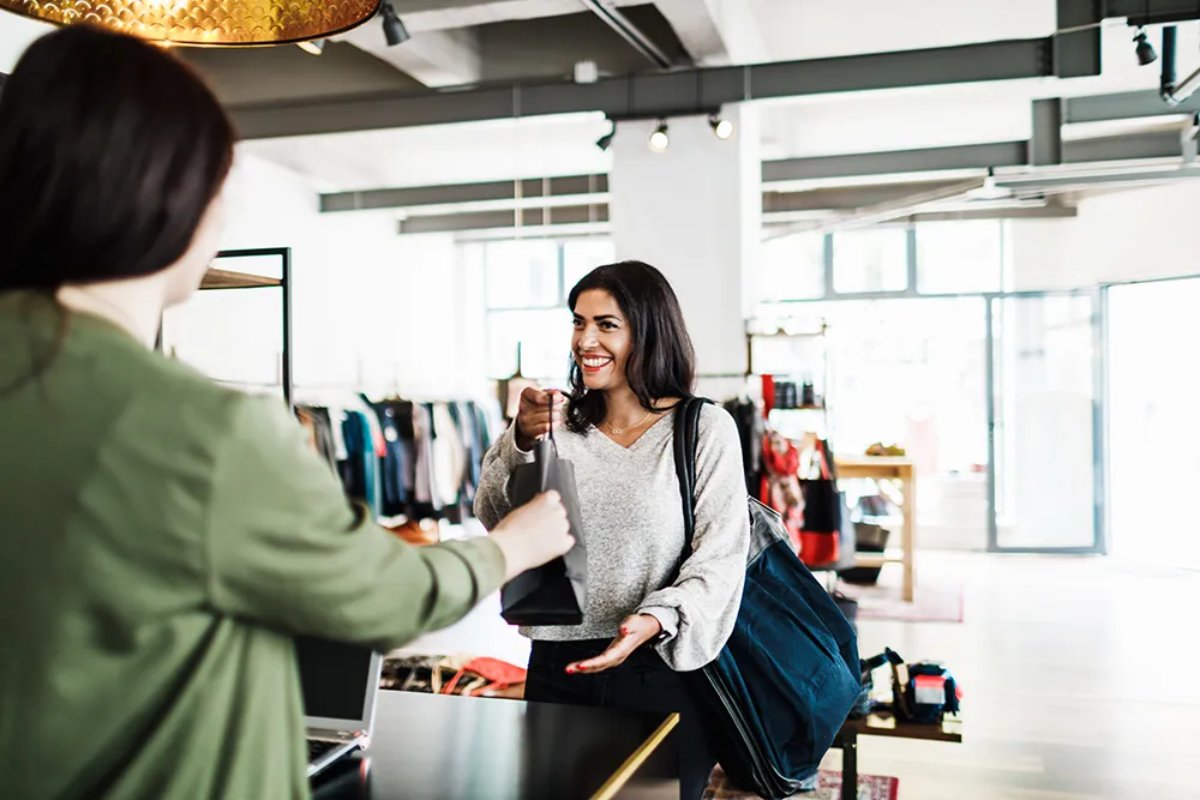
The Future of Click-and-Collect Shopping
The retail world is changing fast. Click-and-collect shopping is becoming a top choice for consumers who want convenience, speed, and flexibility. This hybrid model lets customers order online and pick up in-store or at specific locations. It combines the best of both e-commerce and physical stores.
As technology advances, the future of Click-and-Collect shopping will rely on new ideas, better logistics, and shifting consumer needs. In this guide, we look at the current state of Click-and-Collect, its benefits, new trends, and strategies retailers can use to improve their services.
Why Click-and-Collect is Gaining Popularity
1. Convenience and Speed
- Customers can order online and pick it up within hours, avoiding shipping delays.
- It removes worries about home deliveries, like missed or stolen packages.
- Shoppers can skip long checkout lines for a quicker experience.
2. Cost Savings for Consumers and Retailers
- Shoppers save on shipping fees, and retailers cut delivery costs.
- More foot traffic in stores can lead to extra purchases during pick-up.
- It lessens the need for costly last-mile delivery logistics.
3. Bridging the Gap Between Online and Offline Retail
- Click-and-Collect connects e-commerce with physical retail.
- It helps retailers keep customer engagement across different channels.
- It boosts brand loyalty by offering flexible shopping options.
4. Supports Sustainability Initiatives
- It cuts down on packaging waste linked to home deliveries.
- Bulk deliveries to stores lower carbon emissions from individual deliveries.
- It reduces the environmental impact of delivery trucks by consolidating orders.
The Future of Click-and-Collect: Emerging Trends
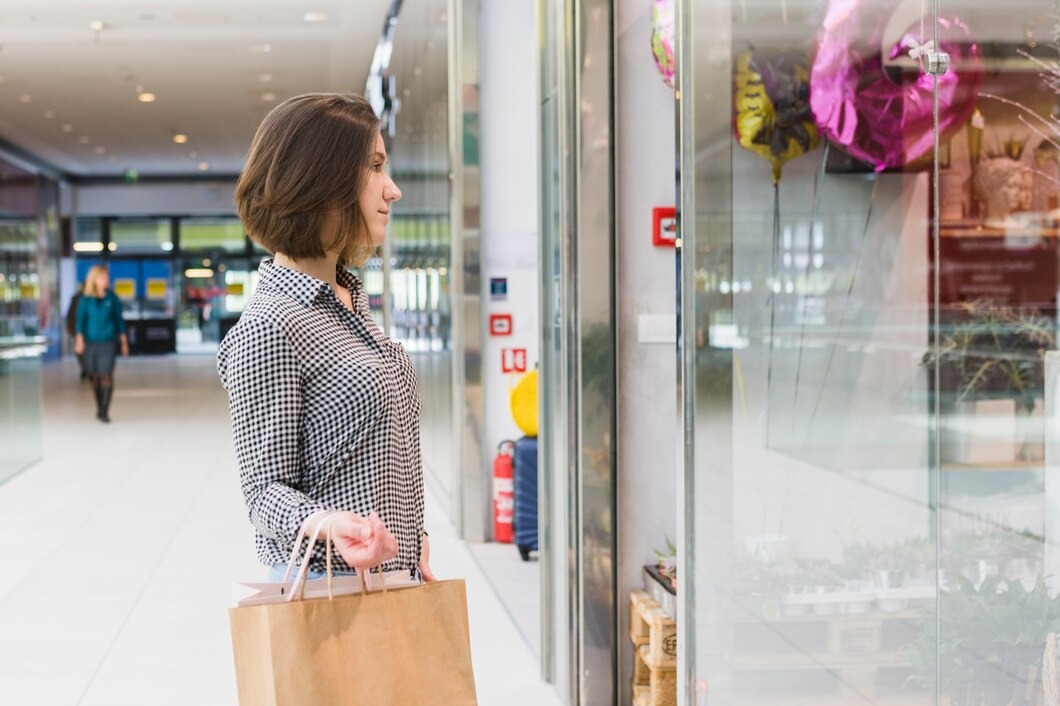
1. Smart Lockers & Automated Pick-Up Points
- Retailers are investing in smart lockers for 24/7 order retrieval.
- Automated kiosks at malls and train stations are increasing pick-up options.
- This ensures fast and efficient order collection for customers.
2. AI-Powered Order Fulfillment
- AI helps with real-time stock visibility in inventory management.
- Predictive tools optimise pick-up schedules for quicker order processing.
- AI chatbots answer customer questions, enhancing the overall experience.
3. Expansion of Curbside Pickup Services
- More retailers are offering drive-up Click-and-Collect options.
- Retailers use license plate recognition and mobile check-ins to streamline pickups.
- This reduces in-store crowding and makes shopping smoother.
4. Enhanced Customer Experience Through Personalization
- AI-driven suggestions offer personalised pick-up options based on shopping habits.
- Loyalty programs connect with Click-and-Collect for special discounts and perks.
- Customers get tailored notifications about offers based on past purchases.
5. Integration of Contactless & Mobile Payments
- Customers can prepay online and confirm pick-ups with QR codes.
- Retailers are using NFC (Near-Field Communication) for secure, touchless transactions.
- This encourages smooth digital payments without friction.
6. Expansion into Grocery & Perishable Goods
- Supermarkets and meal kits are improving Click-and-Collect for fresh and frozen foods.
- Temperature-controlled lockers ensure food safety and freshness.
- Predictive tools assist retailers in managing inventory and reducing waste.
7. Integration with Subscription Services
- Retailers provide recurring order pickups for regularly bought items.
- Subscription models for groceries and essentials are on the rise.
- This boosts long-term customer loyalty through ease and reliability.
How Retailers Can Optimize Click-and-Collect Services
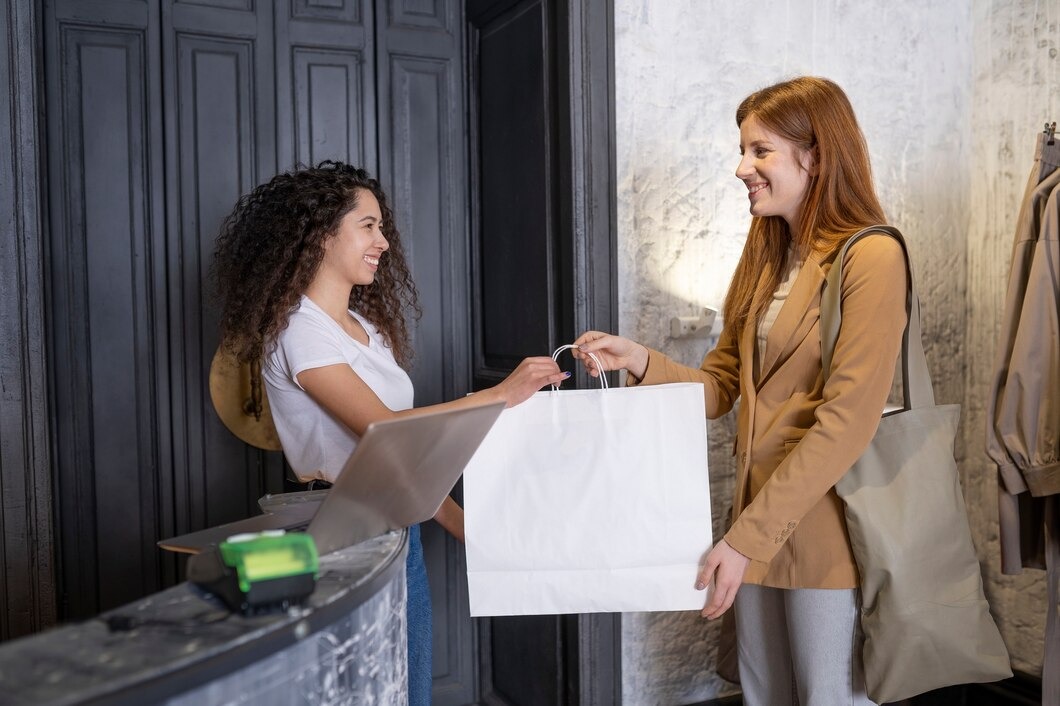
1. Improve Store Layout for Faster Pick-Ups
- Designated pick-up zones cut down customer wait times.
- Clear signs and app alerts enhance the in-store experience.
- Retailers can set up express lanes for frequent Click-and-Collect customers.
2. Invest in Real-Time Inventory Management
- Accurate stock updates prevent order cancellations and substitutions.
- Automated alerts tell customers when their order is ready for pickup.
- Predictive planning helps retailers anticipate stock levels.
3. Train Staff for Seamless Order Fulfillment
- Employees should be trained in quick order processing and customer service.
- Retailers can offer express pick-up lanes for regular Click-and-Collect users.
- Staff should have mobile devices to help with fast pickups.
4. Utilize Data for Personalization
- AI analytics help retailers predict demand and manage inventory.
- Personalised deals encourage repeat Click-and-Collect customers.
- Behavioural insights help retailers understand customer preferences.
5. Offer Flexible Pick-Up Options
- Expand pick-up locations beyond stores (e.g., gas stations and transit hubs).
- Introduce same-day and one-hour pickup services for convenience.
- Enable multi-location pickup, letting customers choose their best option.
6. Optimize the Mobile Shopping Experience
- Ensure apps offer real-time order tracking.
- Integrate Click-and-Collect with loyalty programs.
- Provide instant support via chatbots and virtual assistants.
Case Studies: Brands Excelling in Click-and-Collect
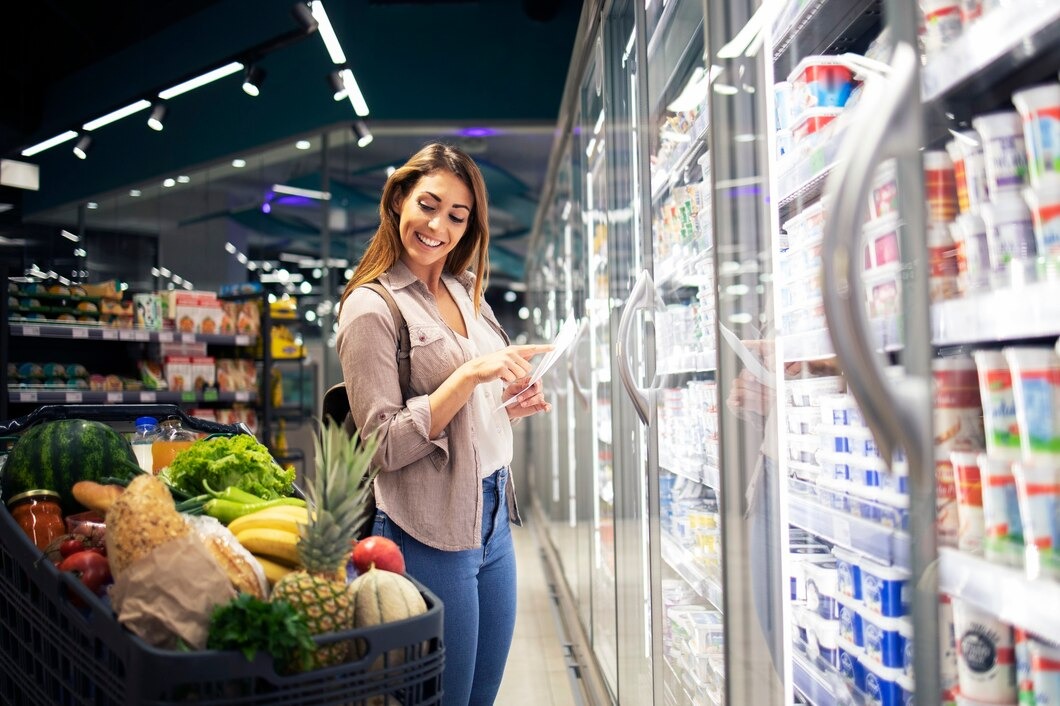
1. Walmart
- Offers same-day pickup for online orders
- Uses real-time tracking for accurate stock visibility.
- Integrates Click-and-Collect with Walmart+ membership perks.
2. Target
- Provides curbside pickup and drive-up services via its app.
- Uses AI to forecast demand and manage inventory.
- Allows order modifications after purchase for more flexibility.
3. Amazon Fresh & Whole Foods
- Combines Click-and-Collect with Amazon Prime membership.
- Temperature-controlled lockers ensure fresh grocery pick-ups.
- Customers can schedule pickup times for added convenience.
Future of Click-and-Collect: What to Expect in 2025
- AI-Powered Smart Warehouses: Fully automated warehouses will speed up order processing.
- Augmented Reality (AR) Navigation: AR guides will help customers find pickup zones easily.
- Autonomous Pickup Solutions: Drones and robots will improve the pickup process.
- Voice Commerce Integration: Customers can place and change Click-and-Collect orders using voice assistants.
- Sustainability Enhancements: More retailers will offer reusable bags and eco-friendly packaging for orders.
Conclusion
The future of Click-and-Collect shopping relies on technology, efficiency, and changing consumer habits. As retailers upgrade their services through AI, automation, and personalisation, Click-and-Collect will be a bigger part of shopping.
To stay competitive, retailers must prioritise speed, convenience, and integration of online and offline channels. This will create a more flexible, engaging, and customer-friendly retail experience. Now is the time to invest in Click-and-Collect innovations to meet modern consumer demands.
